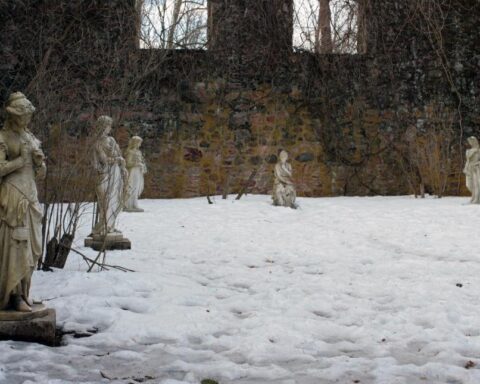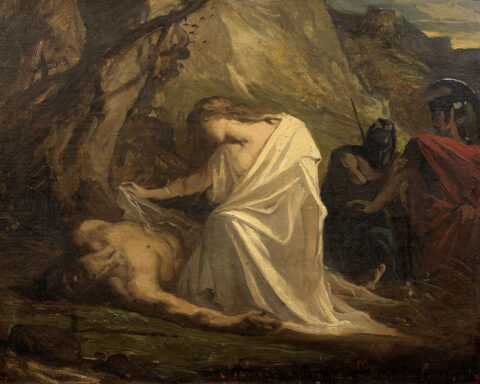Nonfiction author Rebecca Solnit wrote of disasters and crises throughout human history creating a sense of camaraderie that reverberates throughout communities like an echo in the wind, saying catastrophe often “demonstrates that most of us are social animals, hungry for connection, as well as for purpose and meaning.” As we currently find ourselves feeling secluded and defeated amidst the COVID-19 pandemic, Bruce Meyer emerges with a collection of suitable short stories, The Hours, that highlight the perseverance of the human spirit in a solemnly realistic way.
The stories revolve around characters attempting to cope amidst the onslaught of devastating viral outbreaks as their humanity is put into question. The characters, while all individually distinct with their subtle nuances and emblematic narratives, represent a collective unconscious of a challenged mortality desperate to preserve their benevolence during times of stress. From a deaf piano tuner to an overworked nurse, the characters are lifted off the page by Meyer’s lyrical words that guide the narratives through the melancholic events that have become a new reality. While they are all facing challenges, they do not simply exist to suffer but instead choose to grow both in spite of and owing to their surroundings, a trust testament to the persistence of the human soul.
Our transformed reality makes the stories and their characters absurdly relatable, which is especially important as we are craving human interaction from our isolated positions. Seclusion is a recurring motif scattered throughout the stories, with a couple stranded on a cruise ship and an affluent woman who may only find solace among her rose garden. Though the looming sense of seclusion is exquisitely balanced by the characters deep yearn for lively connections that ultimately reinforces their right to existence despite a natural force attempting to undermine it. The Hours serves as a reminder that we are not defined by what the universe throws at us but rather how we choose to react to it.
Meyer’s writing is refreshingly earnest and reflective of how so many people have been feeling for the past year. A particular line from his first story “The Yellow Jack” speaks volumes about the quiet ache that’s been sitting in our throats for the past year: “he was a dot on a map one minute, and a place that no longer existed the next.” Life’s fragility contributes to the instability of our reality, and Meyer convinces the readers that it might be worth it to embrace the unknown and accept our newfound normal.
The stories reveal an underlying facet of the human experience that transcends historical generations; an unprecedented motivation to transform our lowest moments into inspiration to reach the highest peaks of mortality, as sometimes our darkest moments define the most radiant types of pure hope. Reminiscent of John Keats’ classic “Ode to Melancholy,” Meyer’s whimsical writing reminds us that the most joyous sentiments are steeped in the lingering memory of tragedy which fuels us to ponder the dismal moments so we may celebrate and indulge in life’s treasures when they come to us. From an accustomed love rejuvenated by music or a decrepit island united by a tight-knit community, Meyer presents a warm essence that bestows the book with both a timely and timeless flare.
Sickness and death are topics often regarded with distaste and awkwardness, yet The Hours presents it with a rare elegance that gives the suffering characters a degree of grace and dignity we all strive to achieve during moments of lost hope.




